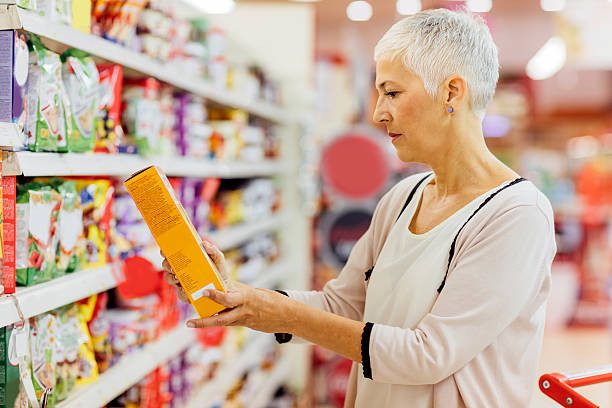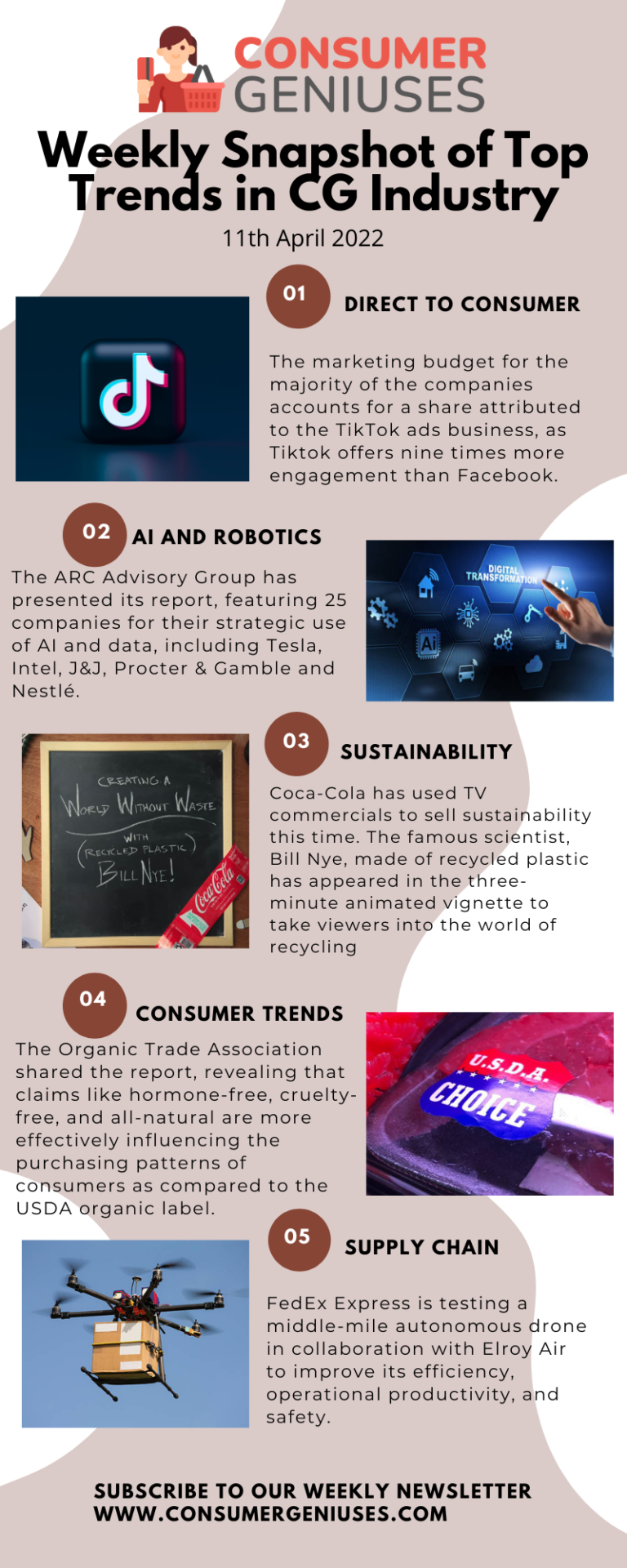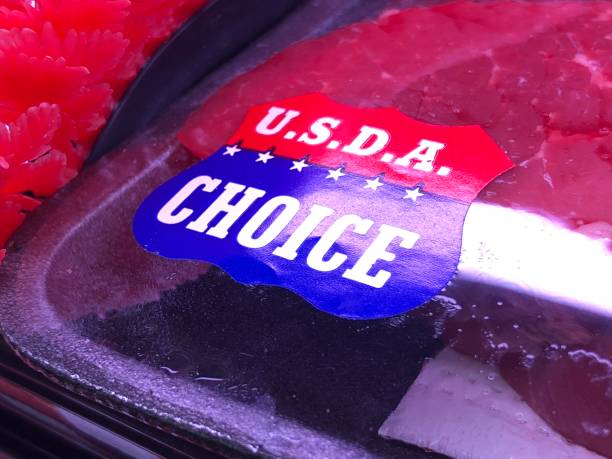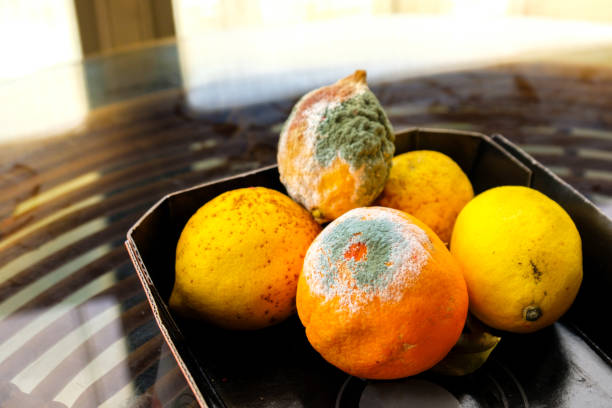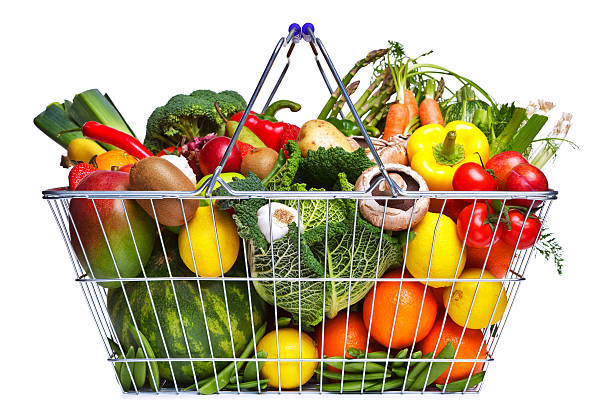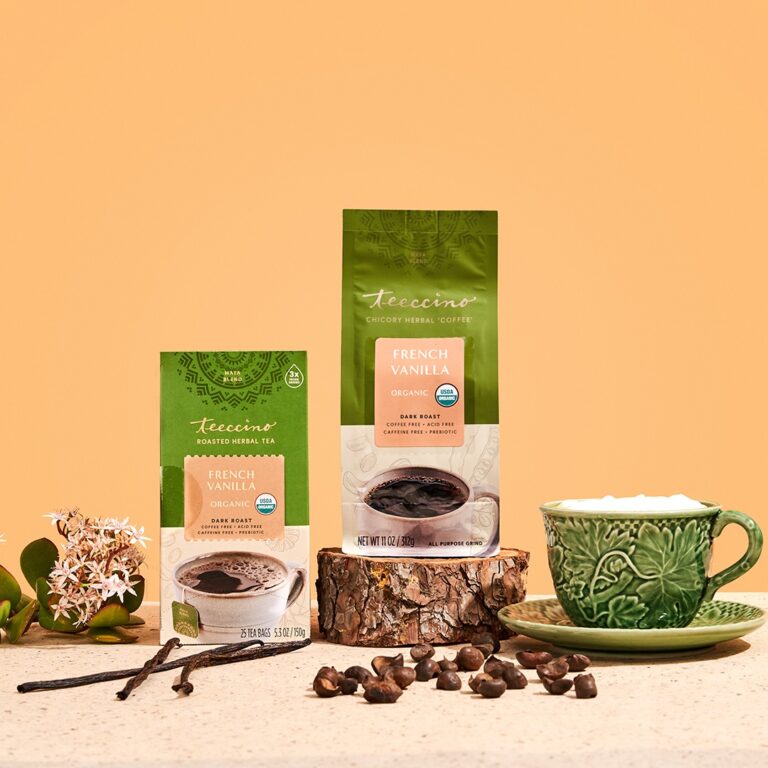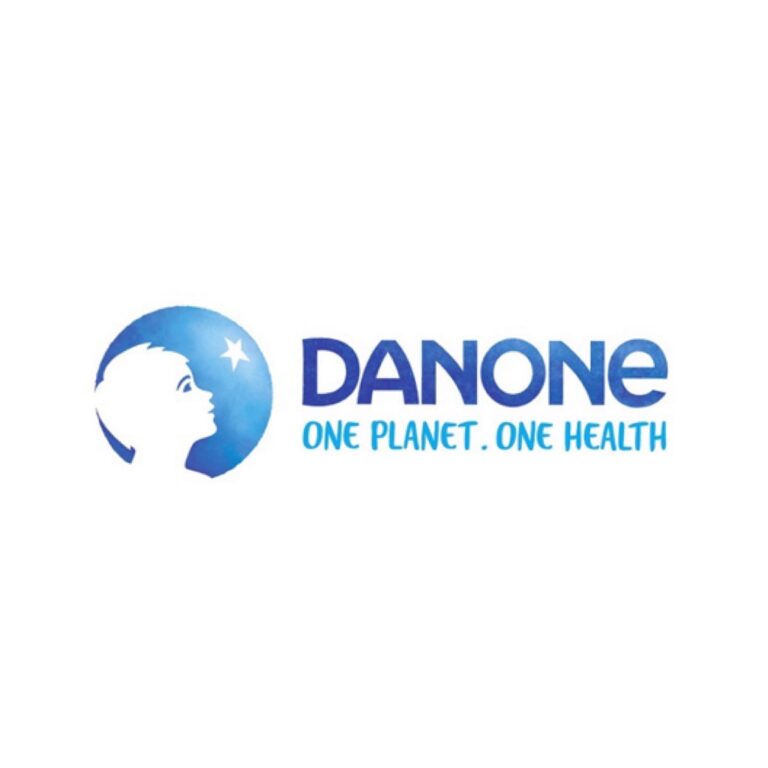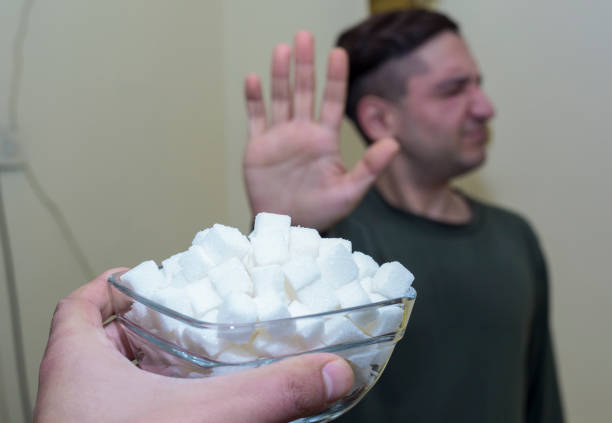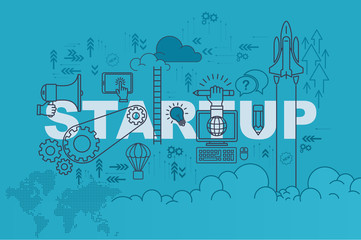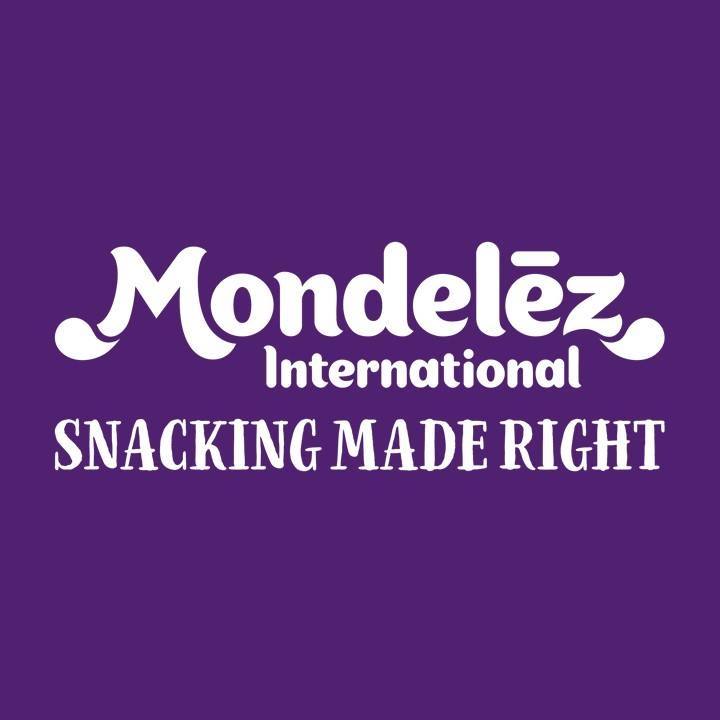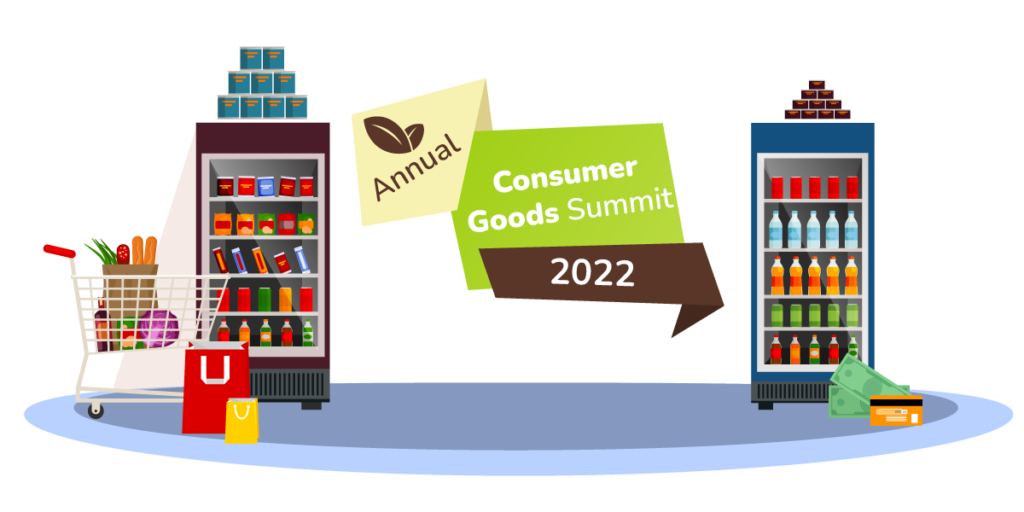This is the weekly snapshot of top trends from the Consumer Goods industry in the past week (21st March-25th March). We have covered different categories, including 1, DTC: Due to high digital marketing costs and prohibitive customer acquisition, DTC brands like Another Tomorrow, Warby Parker, and Allbirds are heading towards physical stores to establish a seamless omnichannel system. 2, AI and Robotics: Chipotle is pivoting a tortilla-making robot, Chippy, in its innovation hub in Irvine, Calif., optimised to make tortilla chips instead of flipping burgers or frying potatoes like Miso’s Flippy. 3, Sustainability: PepsiCo invested in the Saudi kingdom to increase its sustainability and inclusivity footprint by improving its waste management system and launching recycling projects comprising of positive value chain, positive agriculture, and positive choices. 4, Consumer Trends: Mac launched its new mascara, MACStack Mascara on 1st March 2022. The hashtag #MacStackMascara crossed 73.1 million views on TikTok, encouraging more and more people to buy the product. 5, Supply Chain: Nestlé has constructed a new factory in Serbia to produce Plant-Based Eat Solutions under Nestlé’s Garden Gourmet portfolio. The facility would export goods to the Netherlands, U.K, France, Italy, Spain, and Germany.
